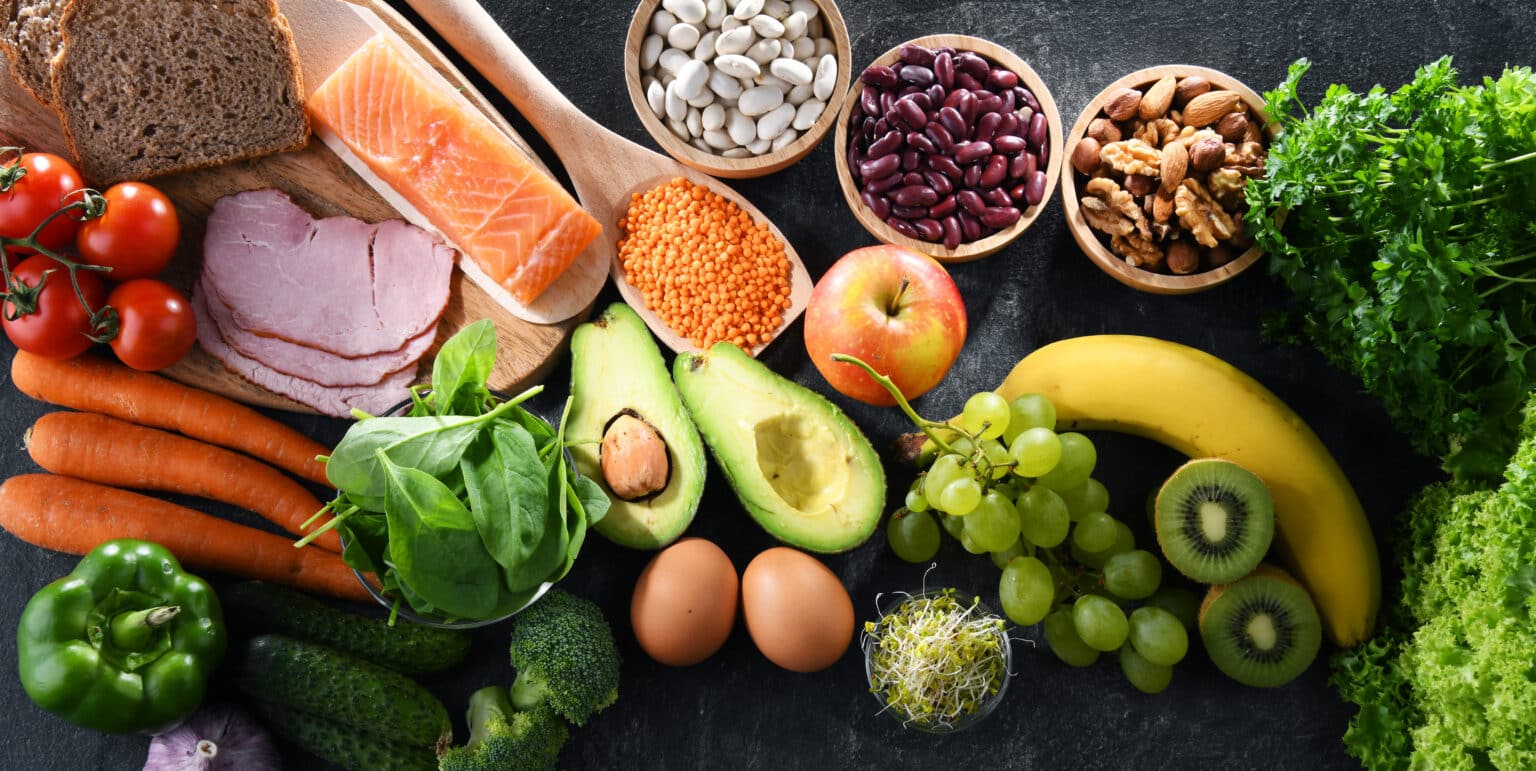
Keloids, characterized by the excessive growth of scar tissue, can be challenging to manage effectively. While various treatment options exist, the role of nutrition in supporting keloid therapy is often overlooked. A well-balanced diet rich in essential nutrients can play a significant role in promoting wound healing, reducing inflammation and supporting the body’s natural processes.
Protein
Protein is a crucial nutrient for wound healing and tissue repair. Including adequate amounts of lean meats, poultry, fish, eggs, dairy, legumes and nuts in your diet provides essential amino acids necessary for collagen synthesis and cellular regeneration. Protein-rich foods also support the immune system, which plays a vital role in the healing process.
Vitamins and Minerals
Certain vitamins and minerals play key roles in wound healing and tissue regeneration.
- Vitamin C is essential for collagen synthesis and strengthening blood vessels. Citrus fruits, berries, tomatoes and leafy greens are excellent sources of vitamin C.
- Vitamin E, found in nuts, seeds and vegetable oils, is known for its antioxidant properties and potential benefits in scar management.
- Zinc, present in seafood, lean meats, whole grains and legumes, is crucial for immune function and tissue repair.
Omega-3 Fatty Acids
Omega-3 fatty acids are known for their anti-inflammatory properties and can help reduce inflammation associated with keloids. Fatty fish like salmon, mackerel and sardines, as well as flaxseeds, chia seeds and walnuts, can provide a good source of omega-3 fatty acids. These healthy fats support overall skin health and may contribute to a more favorable healing environment.
Antioxidants
Antioxidants are essential for fighting oxidative stress and reducing inflammation. Including a variety of colorful fruits and vegetables, such as berries, leafy greens and bell peppers, provides a rich source of antioxidants like vitamin A, vitamin C and various phytonutrients. Antioxidants support immune function, enhance collagen synthesis and promote healthy skin.
Hydration
Proper hydration is vital for overall health and supports the healing process. Drinking an adequate amount of water throughout the day helps maintain skin hydration, supports optimal circulation and facilitates nutrient delivery to the healing tissues. Aim to drink at least 8 cups (64 ounces) of water daily and adjust intake based on individual needs and activity levels.
Avoiding Pro-Inflammatory Foods
Inflammation can hinder the healing process and exacerbate keloid formation. To support keloid therapy, it is advisable to limit or avoid pro-inflammatory foods such as processed meats, sugary snacks, refined grains and alcohol in excess. These foods can contribute to systemic inflammation and may impede the healing process.
Proper Nutrition Can Supplement Keloid Therapy
While nutrition alone cannot cure keloids, incorporating a well-balanced diet can support the body’s healing mechanisms and contribute to the effectiveness of keloid therapy. Adequate protein, essential vitamins and minerals, omega-3 fatty acids, antioxidants and proper hydration all play important roles in supporting wound healing, reducing inflammation and optimizing overall skin health. Consult with a healthcare professional or registered dietitian to personalize dietary recommendations based on individual needs and ensure optimal nutrition to support keloid therapy. A holistic approach that combines proper nutrition with other treatment modalities can lead to better outcomes in keloid management.
Contact Keloid Academy for more information.